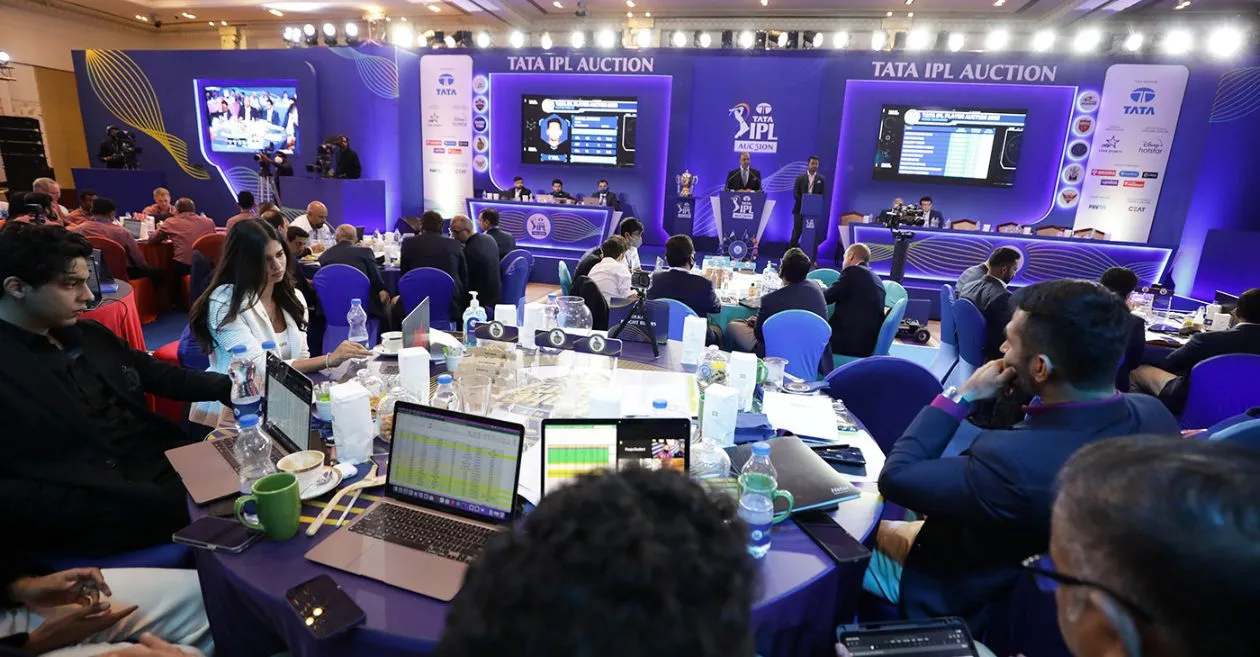Table of Contents
The Indian Premier League (IPL) has grown into a global cricketing spectacle, attracting top talent from around the world. However, the league has been grappling with a recurring issue of foreign players pulling out of the tournament without valid reasons. This has irked the franchises, leading them to seek stringent action against such players.
Franchises express discontent
A recent development suggests that IPL franchises have urged the Board of Control for Cricket in India (BCCI) to impose a ban on foreign players who withdraw from the tournament without providing convincing explanations. The matter is expected to be a key agenda item in the upcoming meeting between the BCCI and franchise owners.
Key concerns of the franchises
Lack of commitment: Franchises have expressed deep disappointment over the lack of commitment shown by certain foreign players. Despite being picked at the auction, these players have frequently pulled out, citing personal issues or injuries.
Disruption of team balance: The withdrawal of key foreign players significantly impacts the team’s balance and strategy. It forces franchises to make hasty replacements, often affecting their performance.
Financial implications: Acquiring players through the auction involves substantial investments. When players pull out, it not only hampers the team’s chances but also leads to financial losses for the franchises.
Damage to IPL’s reputation: Repeated instances of foreign players pulling out can negatively impact the IPL’s reputation as a premier league. It raises questions about the reliability of players and the tournament’s overall credibility.
Examples of players pulling out
Several high-profile foreign players have withdrawn from the IPL in recent years, further fueling the franchises’ concerns. Players like Jason Roy, Alex Hales, and Wanindu Hasaranga have been in the spotlight for pulling out after being picked at the auction. While they have cited various reasons, the franchises believe that low bids might be a contributing factor.
Also READ: IPL Auction 2025: BCCI mulls special retention rule for uncapped players
Proposed solutions
Imposing a ban: The most stringent measure proposed by the franchises is a complete ban on players who pull out without valid reasons. This would serve as a deterrent and emphasize the seriousness of the issue.
Financial penalties: Another suggestion is to impose hefty financial penalties on players who withdraw after the auction. This could discourage such behaviour and compensate the franchises for their losses.
Stricter player contracts: The BCCI could introduce stricter player contracts with clear clauses regarding withdrawals. These contracts could specify the grounds on which a player can pull out and the consequences of violating the terms.
Prioritizing Indian players: To mitigate the risk of foreign players pulling out, franchises might be encouraged to prioritize Indian talent. Building a strong core of Indian players can reduce reliance on foreign imports.
BCCI’s stance
The BCCI has acknowledged the franchises’ concerns and has held discussions with them in the past. While the board has shown an understanding of the franchises’ plight, it has yet to take concrete steps to address the issue.
The upcoming meeting between the BCCI and franchise owners is expected to be crucial in determining the course of action. With the IPL’s popularity soaring, the governing body must take decisive measures to protect the franchises’ interests and maintain the league’s integrity.
Impact on future auctions
If the BCCI decides to implement stricter rules for foreign players, it could significantly impact future IPL auctions. Players might be more cautious about putting their names forward, fearing potential repercussions. This could lead to a decrease in competition for overseas players, affecting the auction dynamics.
The IPL has become a cornerstone of Indian cricket and a global sporting event. Addressing the issue of foreign players pulling out is essential to protect the league’s reputation and ensure its long-term sustainability.
